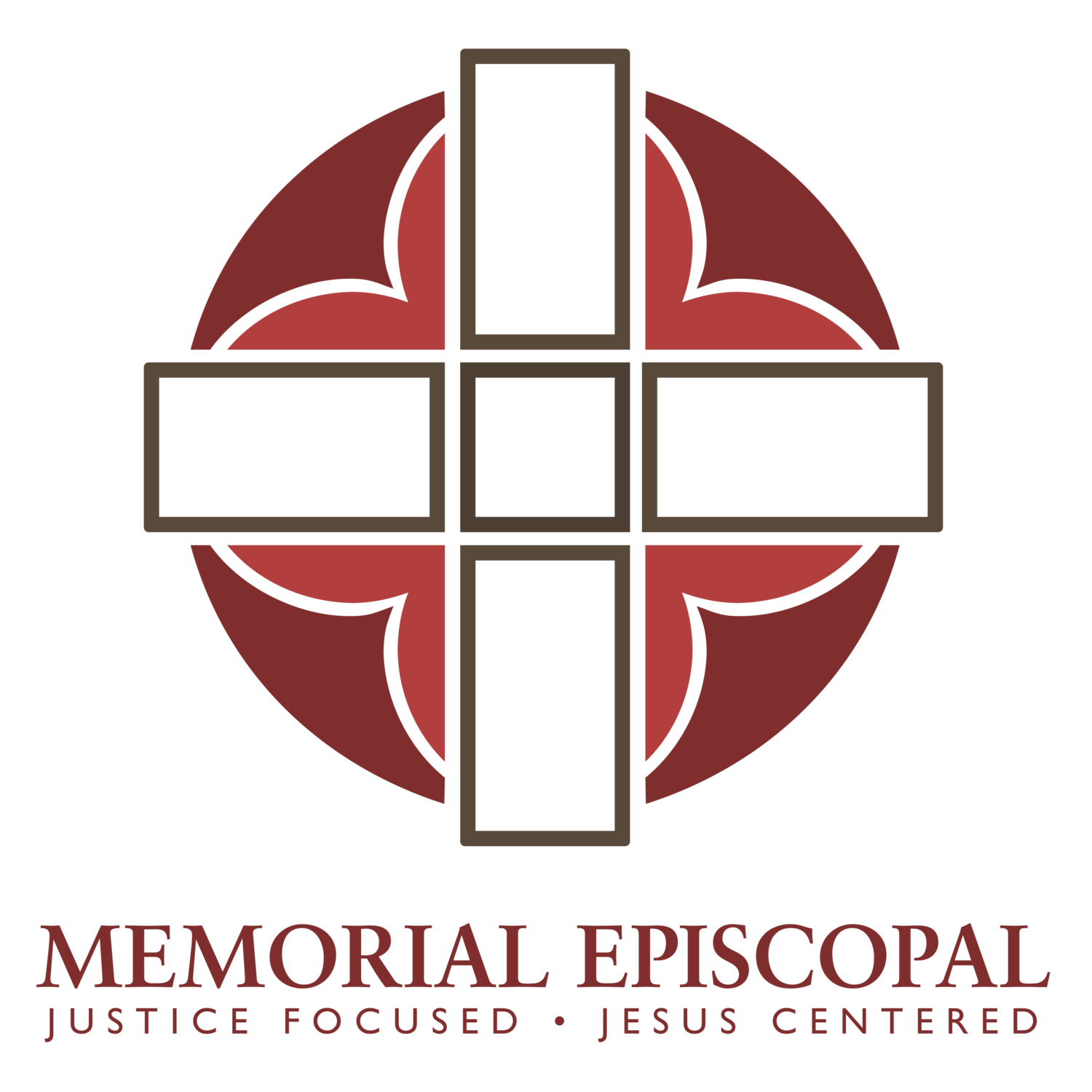Lenten Pilgrimage - 2019
Pilgrimage to Montgomery, Alabama – Lent, 2019
Fr. Grey and the wardens, together with Memorial’s Justice Committee, are planning a unique beginning to our season of Lent next year. Together with our friends at St. Katherine of Alexandria, we will have the opportunity to visit the newly opened Legacy Museum, and the National Memorial for Peace and Justice, in Montgomery, Alabama, and to walk the Edmund Pettus Bridge in Selma.
The Legacy Museum: From Enslavement to Mass Incarceration opened in April, and is located on a site where enslaved people were once warehoused. To quote from its website, it “employs unique technology to dramatize the enslavement of African Americans, the evolution of racial terror lynchings, legalized racial segregation and racial hierarchy in America.”
The National Memorial for Peace and Justice “is the nation’s first memorial dedicated to the legacy of enslaved black people, people terrorized by lynching, African Americans humiliated by racial segregation and Jim Crow, and people of color burdened with contemporary presumptions of guilt and police violence.” It “was conceived with the hope of creating a sober, meaningful site where people can gather and reflect on America’s history of racial inequality.” At its opening, The New York Times headline read, “A Lynching Memorial is Opening. The Country Has Never Seen Anything Like It.” https://www.nytimes.com/2018/04/25/us/lynching-memorial-alabama.html
For more information on The Legacy Museum and The National Memorial for Peace and Justice, please visit:
https://museumandmemorial.eji.org/memorial
In Selma, we will walk the bridge that bears the name of a Confederate general and reputed grand dragon of the Alabama Ku Klux Klan. On March 7, 1965, some 600 peaceful protesters crossed the Edmund Pettus Bridge on foot, protesting thwarted black voter registration, and planning to take their message to Governor George Wallace in Montgomery. As they crossed the bridge leading out of Selma, they were violently attacked by helmeted state troopers, in patrol cars and on horseback. Though tear-gassed and beaten, the protesters remained nonviolent. The day became known as, “Bloody Sunday.” It was a watershed event leading to the passage of the Voting Rights Act.
We envision a contemplative and educational pilgrimage for the start of a holy and penitential season. Please stay tuned for details in the coming weeks and months. Please direct any questions to Fr. Grey, or to Bill Roberts, Junior Warden.
